
The Nutrition Resource of the Year is made up of four resources called Nutrition and Dementia Care: A toolkit for health and care staff. The toolkit is to provide freely available resources to deliver person-centred nutritional care in the area of dementia. The toolkit has been used all over the UK and overseas, as far afield as Australia and is the WINNER of the 2019 CN Award for Nutrition Resource of the Year!

Both Professor Jane Murphy and Gill Hooper represented the team by attending the 2019 CN Award ceremony last Thursday 29th September in London.
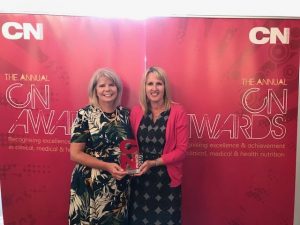
In the photo: Gill Hooper (Research Assistant) and Professor Jane Murphy (Professor of Nutrition and Co-Director of ADRC)
The team that produced the toolkit includes Professor Jane Murphy, Gill Hooper (linked with the Greater Manchester Nutrition and Hydration programme), Dr Joanne Holmes and Caroline Jones.
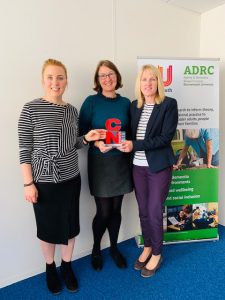
In the photo: Caroline Jones, Dr Joanne Holmes and Professor Jane Murphy
The toolkit comprises:
- Eating and Drinking Well: Supporting People Living with Dementia workbook
- Eating and Drinking Well Training Video
- Eating and Drinking Well Nutrition leaflet
- Eating and Drinking Well with Dementia: A Guide for Care Staff
It is available to download for free on our specific ADRC training page, please visit: https://www.bournemouth.ac.uk/research/centres-institutes/ageing-dementia-research-centre/eating-drinking-well-dementia-toolkit.
Just launched!
We have just launched our new Eating and Drinking Well with Dementia: A Guide for Family Carers and Friends which will be available to download from the ADRC training page soon.
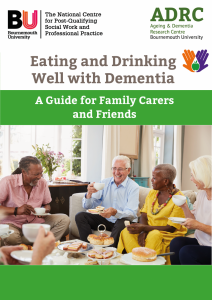
Please visit our training page and spread the word of our training resources.
The CN Awards* provide the chance for all readers, advertisers and contributors of CN
Magazines to come together to recognise the achievements of those whose great work
has made a significant difference within the nutrition industry – whether an individual,
group or organisation. For further information about the CN Awards, visit: nutrition2me.com/cn-awards
*The annual CN Awards were launched in 2010 by Complete Media & Marketing Ltd. (CM2) – the publishers of Complete Nutrition (CN)
Magazines. CM2 do not endorse any particular individual’s, group’s, organisation’s or company’s products, services, resources, views or
opinions. For further details on the CN Awards, visit: nutrition2me.com/cn-awards
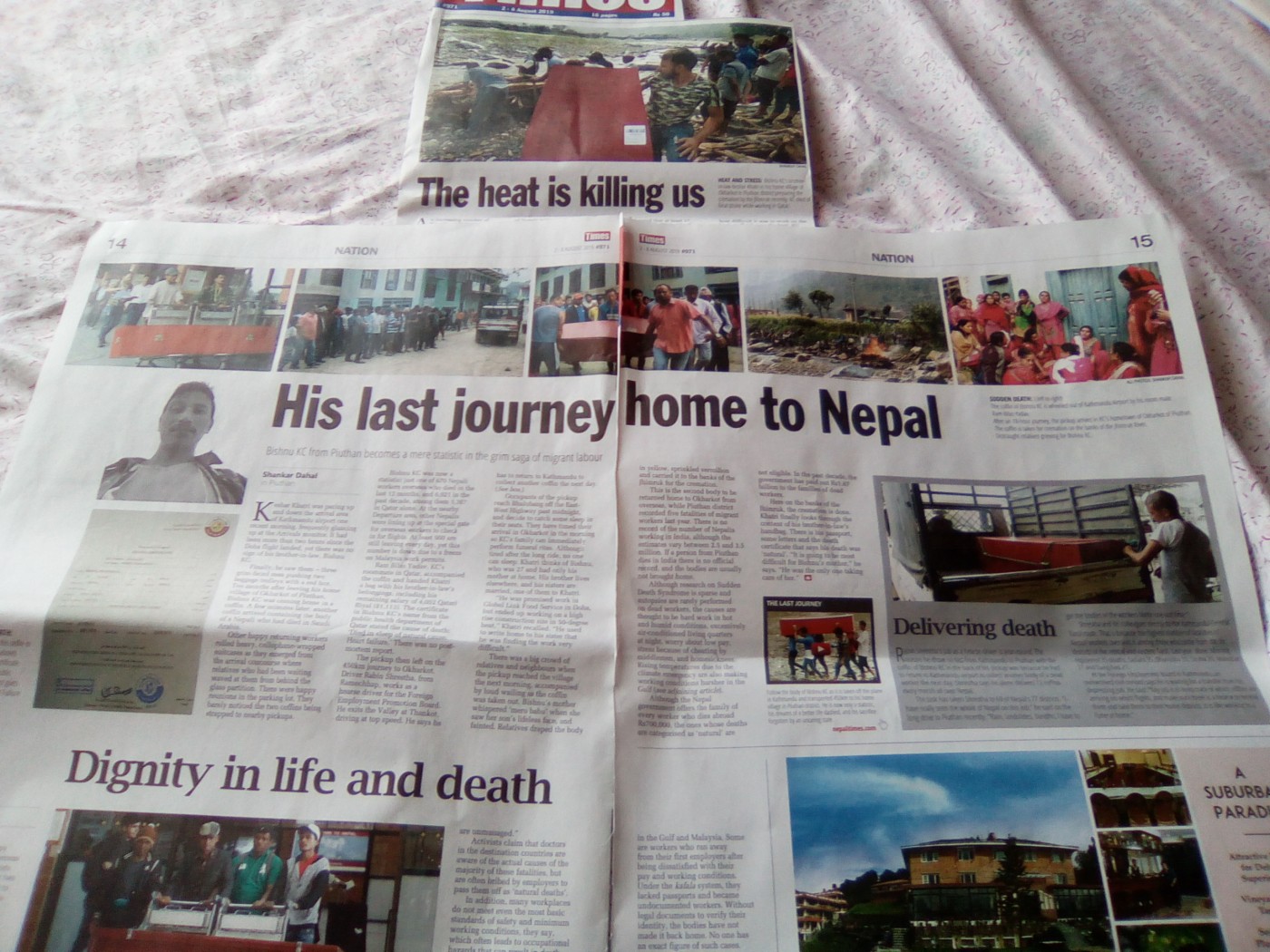

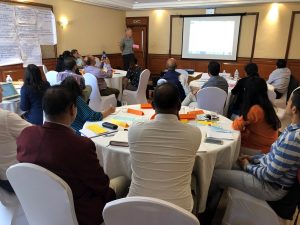
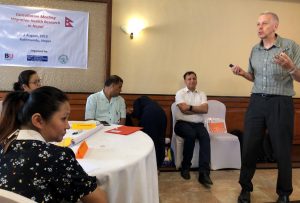
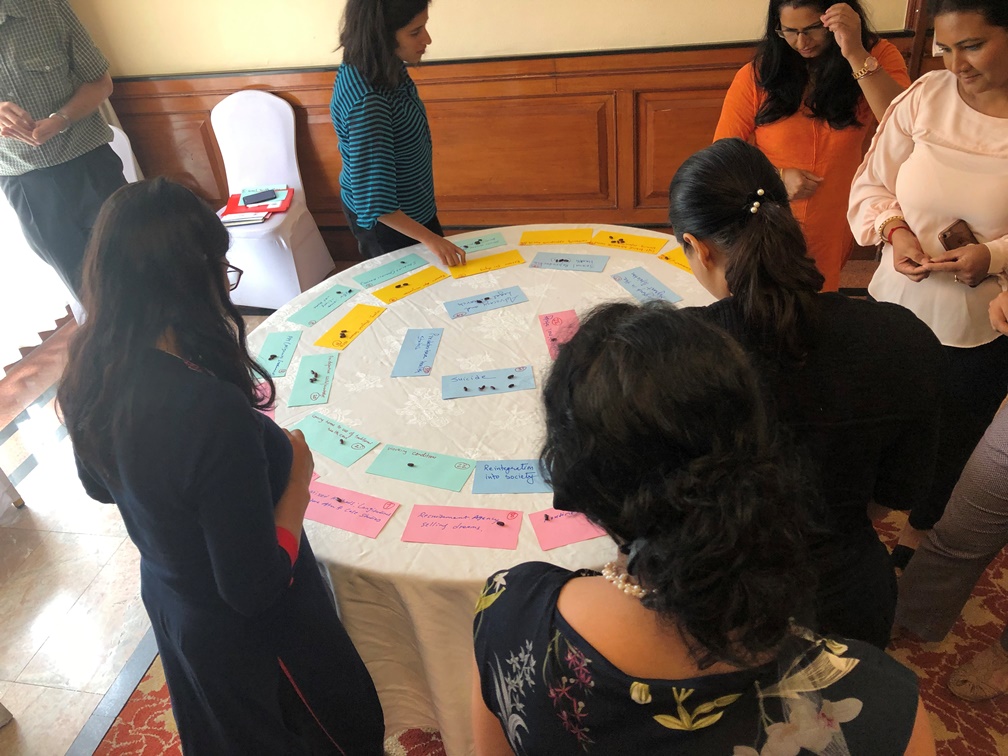
 NERC introduced
NERC introduced 

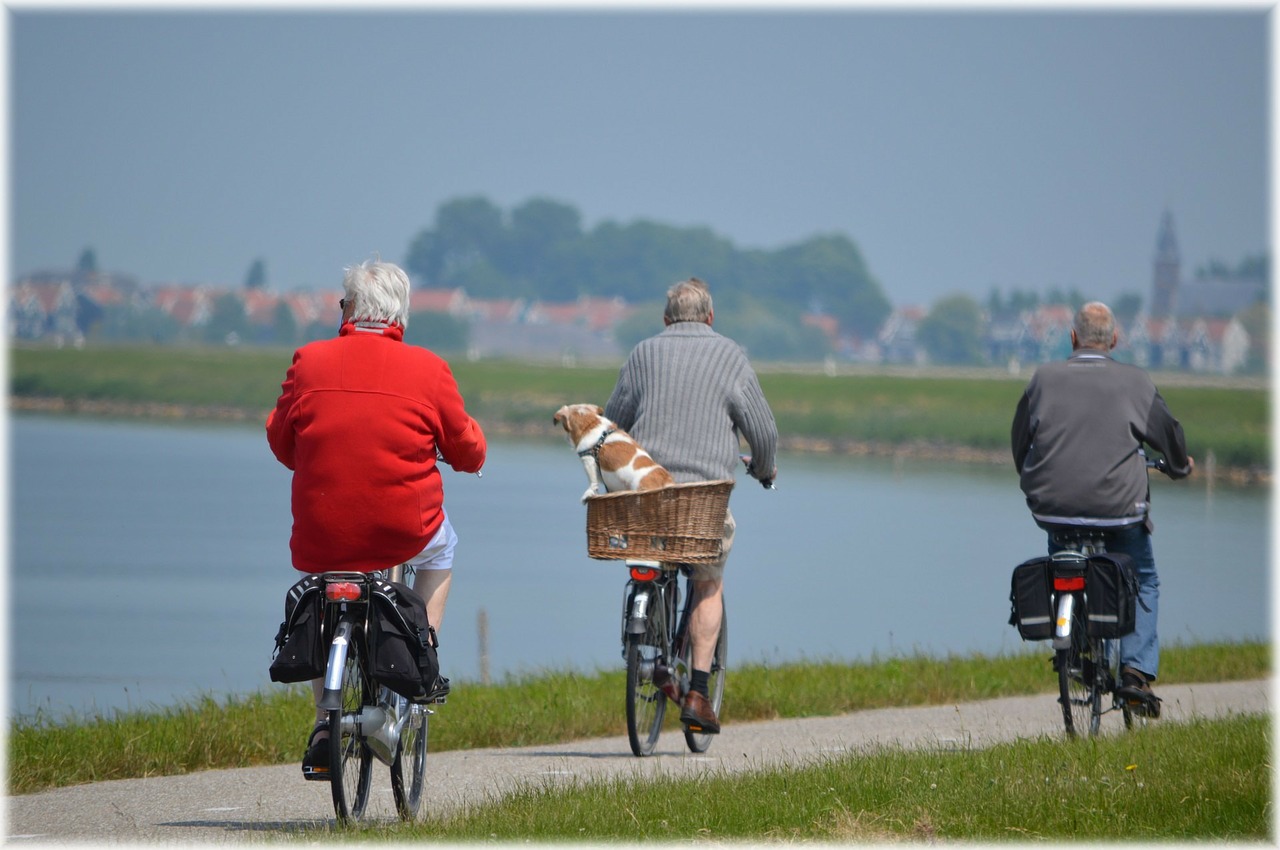
 Every BU academic has a
Every BU academic has a  By clicking on this box, on the left of the Research Blog home page just under the text ‘Funding Opportunities‘, you access a
By clicking on this box, on the left of the Research Blog home page just under the text ‘Funding Opportunities‘, you access a 
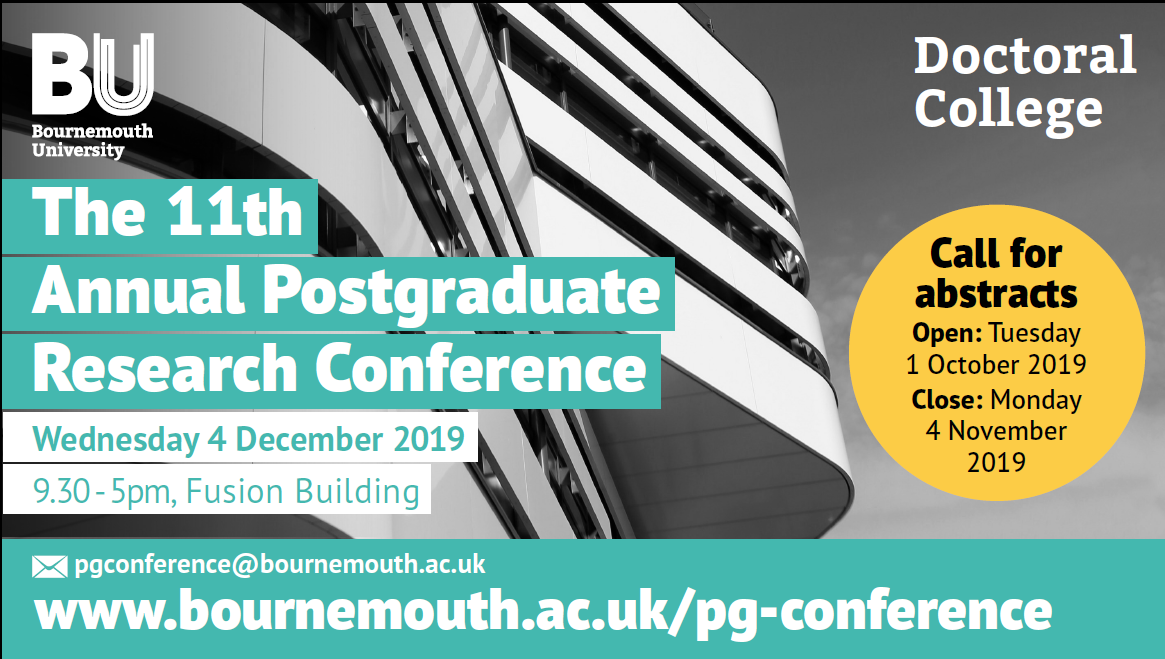
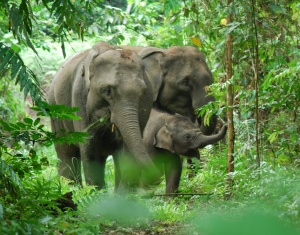











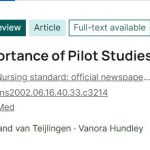 Paper with 160,000 reads
Paper with 160,000 reads The Month in Research: April 2024
The Month in Research: April 2024 BU Professor has been invited to a series of plenary and invited lectures.
BU Professor has been invited to a series of plenary and invited lectures. Research reaching non-academic audiences
Research reaching non-academic audiences April’s Café Scientifique – Should we help machines understand and respond to our emotions?
April’s Café Scientifique – Should we help machines understand and respond to our emotions? Apply for up to £1,000 to deliver an event and take part in a national festival of public engagement with research
Apply for up to £1,000 to deliver an event and take part in a national festival of public engagement with research MSCA Postdoctoral Fellowships 2024
MSCA Postdoctoral Fellowships 2024 Horizon Europe News – December 2023
Horizon Europe News – December 2023